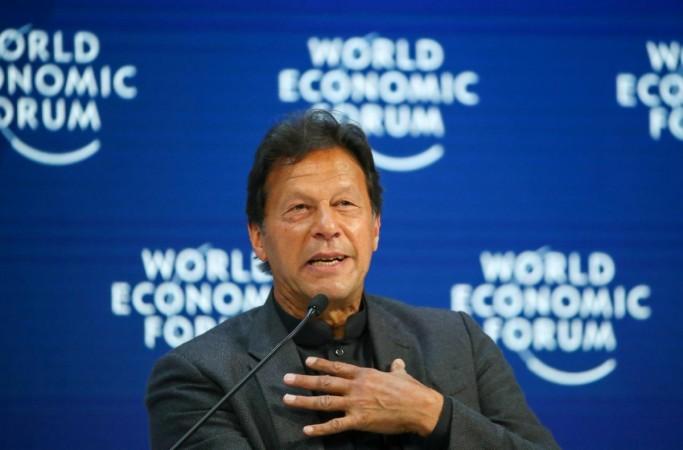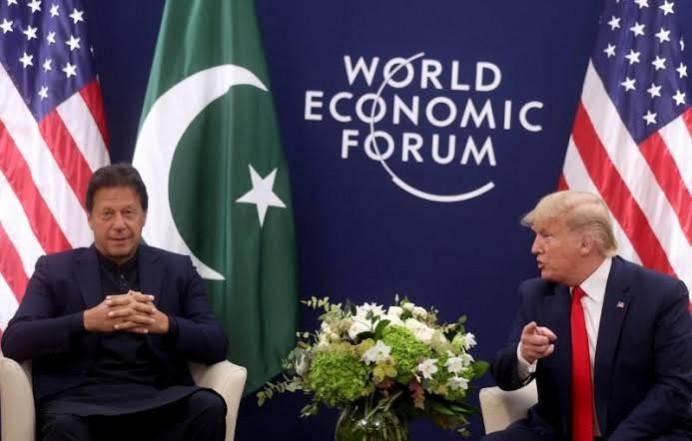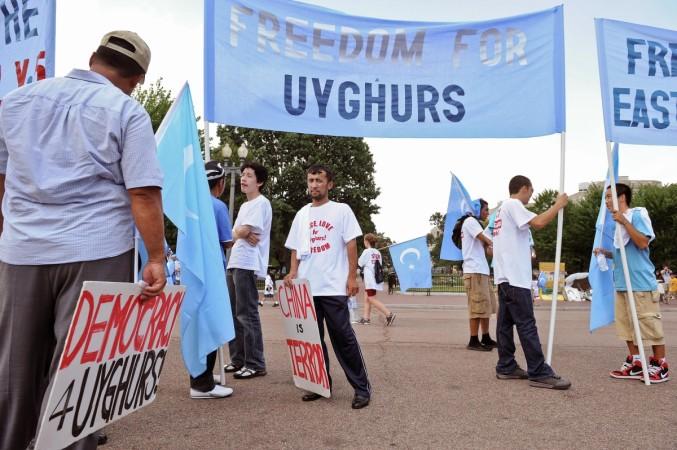Pakistan's Prime Minister Imran Khan called on Wednesday for the United Nations to help mediate between nuclear armed India and Pakistan over the disputed territory of Kashmir.
"This is a potential flashpoint," Khan said during a media briefing at the annual meeting of the World Economic Forum in Davos, Switzerland, adding that it was time for the "international institutions ... specifically set up to stop this" to "come into action".

The Indian government in August revoked the constitutional autonomy of Jammu and Kashmir, India's only Muslim-majority state, splitting it into two federal territories in a bid to integrate it fully with India and to rein in militancy.
Kashmir is claimed in full by both India and Pakistan. The two countries have gone to war twice over it, and both rule parts of it. India's portion has been plagued by separatist violence since the late 1980s.
Khan said his biggest fear was how New Delhi would respond to ongoing protests in India over a citizenship law that many feel targets Muslims.
"We're not close to a conflict right now ... What if the protests get worse in India, and to distract attention from that, what if ..."
The prime minister said he had discussed the prospect of war between his country and India in a Tuesday meeting with U.S. President Donald Trump. Trump later said he had offered to help mediate between the two countries.

Khan said Pakistan and the United States were closer in their approach to the Taliban insurgency in Afghanistan than they had been for many years. He said he had never seen a military solution to that conflict.
"Finally the position of the US is there should be negotiations and a peace plan."
In a separate on-stage conversation later on Wednesday, Khan said he had told Trump in their meeting that a war with Iran would be "a disaster for the world". Trump had not responded, Khan said.
Khan made some of his most straightforward comments when asked why Pakistan has been muted in defense of Uighurs in China.

China has been widely condemned for setting up complexes in remote Xinjiang that Beijing describes as "vocational training centers" to stamp out extremism and give people new skills. The United Nations says at least one million ethnic Uighurs and other Muslims have been detained.
When pressed on China's policies, Khan said Pakistan's relations with Beijing were too important for him to speak out publicly.
"China has helped us when we were at rock bottom. We are really grateful to the Chinese government, so we have decided that any issues we have had with China we will handle privately."

















